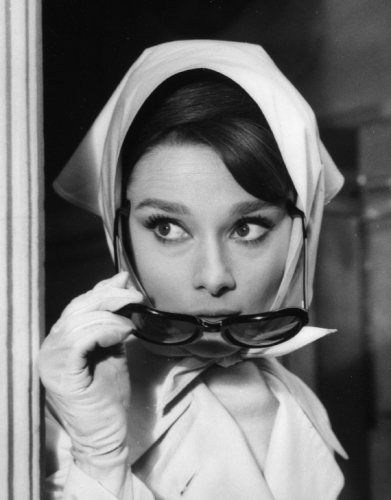Traquair House is worth a visit anytime of year but we love the Medieval Fayre in the 3rd weekend of May. There is such an atmosphere in the walled garden when it is filled with reenactors, period music and craft stalls. The jousting and other events are always brilliant, and our children love the adventure playground and animals. Between my husband and me, we have been going to Traquair House Medieval Fayre off and on for 10 years. It is the perfect example of what we call a Surgical Strike Day Trip.
Fast Facts: Traquair House during the Medieval Fayre (3rd weekend in May)
- Distance from Edinburgh: 29 miles
- Using public transport: 2 hours on the X62
- History: 900 years of pure awesomeness including a stint as a royal hunting lodge and a daughter of the house who eloped with an American student who later became a Founding Father
- What there is to do: tour the house and find the secret monk's passageway, the gardens are cool too, adventure playground, and the medieval fayre is a must!
- Website: http://www.traquair.co.uk/
Pros:
- Fresh country air
- Great ambiance in walled garden
- Saw willow weaving
- Pottage-making
- Armor - including witty, learned reenactor who answered our questions about a particularly fine blue helmet
- Embroidery
- Torture devices
- Picnic near Gaita the medieval music band
- Toilets 75% clean (it helped someone had thought to put out extra liquid soap)
- Hog roast 100% delicious according to the husband
- Canon - I mean falconet - manned with a real 'minion', a gunner team, black powder and another extremely knowledgeable reenactor who happily spent half an hour showing us his gun
- Adventure playground - this is always a favorite with the kids!
- Farm animals like goats to see
- Falcons and other birds of prey to see - we got to pet a snow owl
- Jousting - including horses dressed in their knights' colors and a man dressed as a Saracen warrior
- Archery exhibition
- Childrens army - the kids loved getting to beat up some good-natured reenactors with foam weapons!
- Icecream - it was delicious, what was left of it
- Field playing - lots of space for the kids to do their own reenacting with swords!
Cons:
- No sidewalk for a great portion of the road between Innerleithen and Traquair House - not the safest with kids in tow!
- it took us 2 hours to travel 29 miles
- Icecream ran out in various flavours
- Balloon swords tend to pop - leaving hysterical toddlers
- No mead on tap - there was mead tasting and you could buy a bottle but D remember when you could buy a cup of mead like you can do with ale in the food tent
We did not try to do the maze, driftwood workshop, make-your-own helmet or the house with a 2 year old. So there are definitely lots of things to do at Traquair.
Our day trip lasted almost 12 hours and we had relatively few meltdowns so we saw it as a success!
Timings
8:15 left the house
8:30 got first bus from outer area of Edinburgh where we live to York Place
9:30 caught second bus X62 to Innerleithen, run by First - there was a spot for our buggy in the wheelchair spot
11:00 walked 2 miles to Traquair
5:17 caught X62 bus toward Edinburgh
7:30 got home
Spendings
- £10 each on advance tickets (kids under 4 are free!)
- £28 on transport
- £12 on ale, hogroast, icecream
- Total = £60
For a Surgical Strike Day Trip, we felt we got a lot for our time and money. We saw jousting, birds of prey, archery, period-correct costumes, and got to interact with history in a special way.
We expect the peregrination to Traquair House will become an annual family tradition! Traquair House also has a free open day connected to the St. Andrew's Day open days and puts on other events throughout the year.















